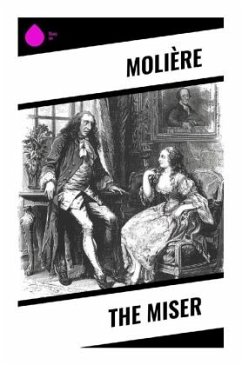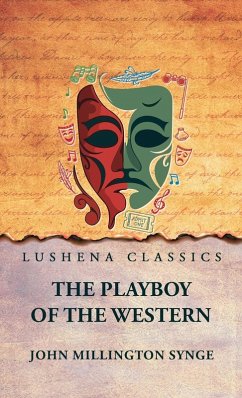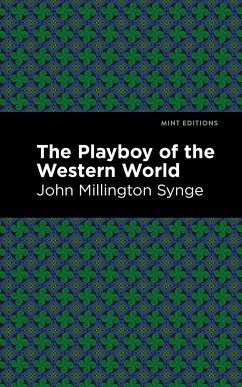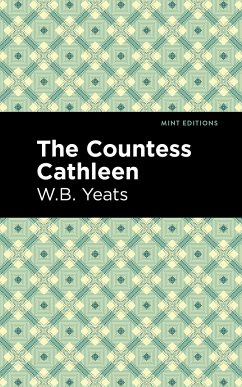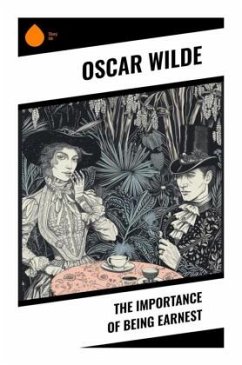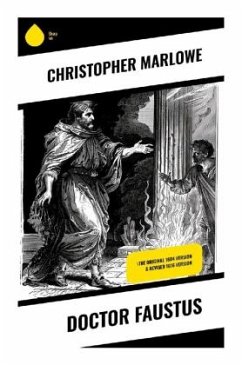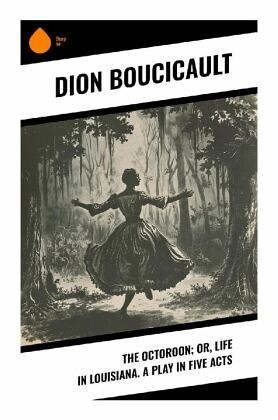
The Octoroon; or, Life in Louisiana. A Play in Five acts
Versandkostenfrei!
Versandfertig in 6-10 Tagen
7,70 €
inkl. MwSt.
Weitere Ausgaben:

PAYBACK Punkte
0 °P sammeln!
Dion Boucicault's "The Octoroon; or, Life in Louisiana" is a groundbreaking melodrama that delves into the complexities of race, identity, and social hierarchies in antebellum America. Set against the backdrop of a Southern plantation, Boucicault weaves a narrative rich in emotional weight, incorporating elements of comedy, tragedy, and romance. The play challenges the norms of its time through its intricate characterizations and poignant dialogue, employing a dramatic style that both captivates and provokes. Notable for its vivid representation of the intersection of race, class, and gender, ...
Dion Boucicault's "The Octoroon; or, Life in Louisiana" is a groundbreaking melodrama that delves into the complexities of race, identity, and social hierarchies in antebellum America. Set against the backdrop of a Southern plantation, Boucicault weaves a narrative rich in emotional weight, incorporating elements of comedy, tragedy, and romance. The play challenges the norms of its time through its intricate characterizations and poignant dialogue, employing a dramatic style that both captivates and provokes. Notable for its vivid representation of the intersection of race, class, and gender, the work resonates powerfully within the literary context of the mid-19th century, when discussions around slavery and civil rights began to surface poignantly within American literature. Boucicault, an influential Irish playwright, became known for exploring themes that challenged social conventions and highlighted human rights issues. His personal experiences, including his observations ofAmerican culture and its complexities, undoubtedly influenced his portrayal of characters caught in the throes of societal prejudice. His deep understanding of performance and ability to engage audiences rendered his works both commercially successful and critically significant during a pivotal era in the United States. "The Octoroon" should be recommended to those interested in the complex narratives surrounding race and ethics in American theater. Its compelling characters and urgent themes invite reflection on contemporary social issues, making it not just a historical play but a timeless commentary on identity, belonging, and the human experience.






